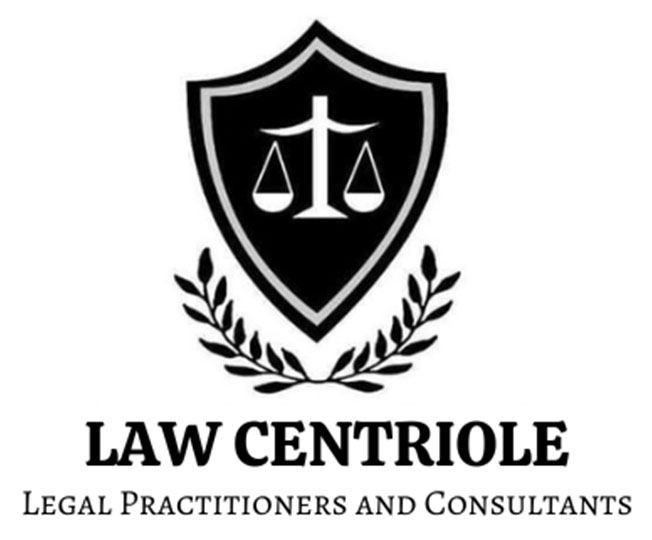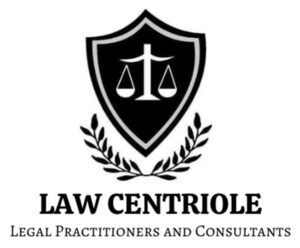Medical negligence, often referred to as medical malpractice, occurs when a healthcare professional fails to provide the standard of care expected in their field, leading to harm or injury to a patient.
This type of negligence can take various forms and may involve a range of healthcare providers, including doctors, nurses, surgeons, pharmacists, and other medical personnel. Here are key aspects of medical negligence:

Key Aspects of Medical Negligence
-
Misdiagnosis or delayed diagnosis:
Failure to correctly diagnose a medical condition or a delay in making an accurate diagnosis can lead to incorrect treatment or delayed intervention, causing harm to the patient.
-
Surgical Errors:
Mistakes made during surgery, such as performing the wrong procedure, damaging surrounding tissues, or leaving surgical instruments inside the patient, constitute surgical negligence.
-
Medication Errors:
Administration of incorrect medications, incorrect dosages, or failure to consider a patient’s allergies or potential drug interactions can result in serious harm.
-
Failure to Obtain Informed Consent:
Healthcare providers must inform patients about the risks, benefits, and alternatives of a medical procedure or treatment. Failure to obtain informed consent can be a form of negligence.
-
Birth Injuries:
Negligence during childbirth can lead to birth injuries, including those caused by improper delivery techniques, failure to monitor fetal distress, or delays in performing necessary interventions.
-
Failure to Follow Standard Protocols:
Healthcare professionals must adhere to established medical standards and protocols. If they fail to follow infection control measures or hygiene protocols, their actions may be considered negligence..
-
Lack of Communication:
Inadequate communication among healthcare professionals can lead to misunderstandings, errors in treatment plans, and overall compromised patient care.
-
Lack of supervision or training:
Negligence can occur if supervisors fail to adequately train or oversee healthcare providers, leading to avoidable mistakes. Proper oversight is crucial to ensure high standards of care.
-
Negligence in Postoperative Care:
Inadequate postoperative care, including monitoring for complications or providing insufficient follow-up care, can result in patient harm.
Litigating Medical Negligence
The position of the law is clear. The Supreme Court in Anyah v. Imo Concorde Hotels held that “in addition to pleading and establishing the particulars of negligence relied on, (the victim) must also state and establish the duty of care owed to him by the defendant.
To establish a medical negligence claim, the victim typically needs to demonstrate that a duty of care existed. Further, there is the need to prove that the duty was breached, that the breach caused harm, and that damages resulted from the negligence.
Conclusion
Medical negligence cases can be complex. Often, expert testimony is required to establish the standard of care and to demonstrate how it was breached in a particular situation. Seeking legal advice will go a long way in helping the victim understand what remedies are available to them and how to get justice.
Don’t forget to share this post using any of the buttons below.
Subscribe, follow, share!
Has this article been of help? Why not consider subscribing to our mailing list us for more.
Do not forget to share, follow our pages on Facebook and Instagram and also subscribe to our WhatsApp Channel to get early updates about new posts.

